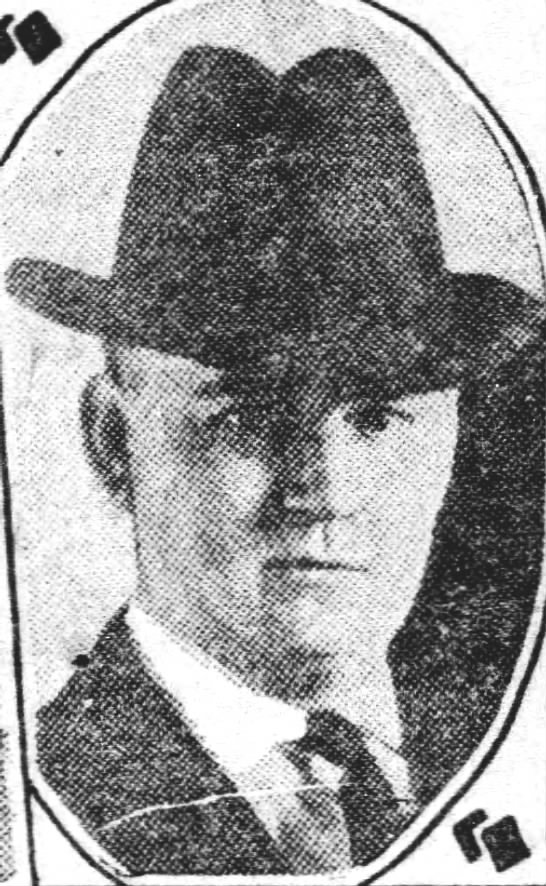Beginning in the fall semester of 1919, long before UK initiated online courses, the UK Department of Extension reached out to provide higher education to all Kentuckians. On site classes in various Kentucky communities and correspondence courses in 23 subjects were offered with the whole of the resources of the University behind the movement. The UK initiative came later compared to other similar universities who had begun extension classes years earlier.
 |
| Extension class in Educational Psychology, Danville, Kentucky |
A notice in the 1919 UK Alumnus Magazine explained that:
"The object...is to provide, at the smallest
possible expense and in the most practical manner, the highest type of
education possible to the citizens of the commonwealth who are unable to attend
educational institutions. It is believed that the University of Kentucky
should be in close relationship with the homes of the state to the end that any
citizen might feel free to call upon the university for any assistance which
the institution can render."
"There are many persons in every community who
have been deprived of the advantages of a higher education by various causes,
and there are many who are ambitious to obtain such education in the hours they
have at their disposal. The University, feeling it a duty to extend such
opportunity as it is able to every man and woman in the state who
desires it, has decided to supplement the regular class work with the
correspondence courses. It is the plan to present a course of value
to every class and member of every industry and profession throughout the
state."
By 1923 Extension enrollment grew to 428 students in courses offered in communities away from the main Lexington campus and 895 students enrolled in correspondence courses. In addition to the correspondence courses the University also established
Lecture Centers in various communities with Maysville creating the first
center. But by comparison, the University of Kansas and the University of Missouri enrolled three times as many students in 1923.
 |
| Wellington Patrick, 1925 |
Wellington Patrick served as the first director for the Extension Department. Patrick, a Magoffin County native received a teaching certificate in 1908 after completing the normal school course at UK. He subsequently served as principal of several schools in Oklahoma before earning B.A. and M.A. degrees from George Washington University and a doctorate from Peabody College. He served as secretary to UK President Frank McVey before serving as Director of Extension from 1919 until 1934, He joined the faculty of the new College of Education where he taught until his death in 1944.
UK ONLINE, 2019
Today, UK is making a renewed effort to offer higher education opportunities to Kentuckians beyond the Lexington campus. Using very similar language and offering nearly the same number of subjects from a century earlier, "UK Online informs prospective students to take advantage of 30 plus degrees and certificates and "experience the same high-quality education as our resident students" and "draw on the resources of a flagship university that includes undergraduate, professional, medical, and agricultural colleges."
Recently, UK Provost David Blackwell noted that, "Our vision for UK Online is one that leverages the creative, collaborative potential of technology to connect our outstanding faculty to students throughout Kentucky and beyond" adding that, "And we are committed to doing that the right way."

